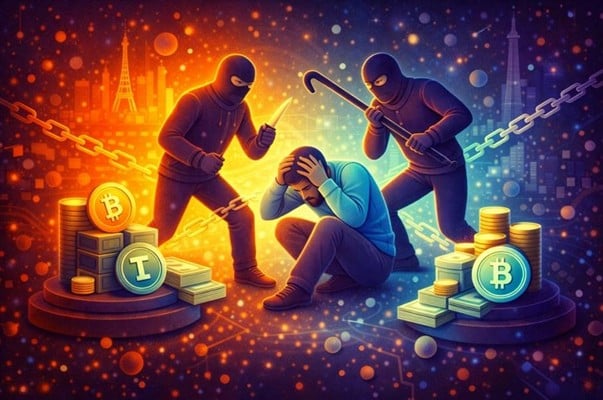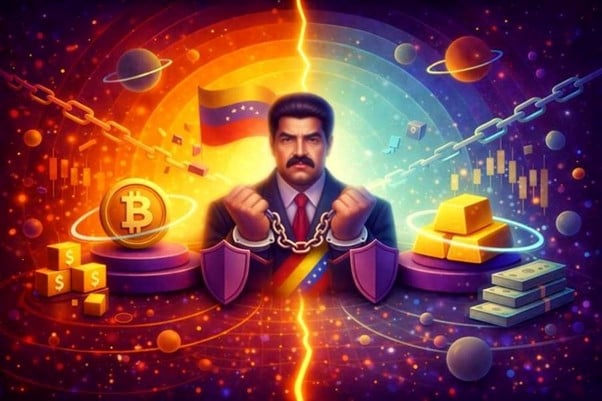On October 26th, Yuga Labs announced that two individuals who had infringed its trademark had been sentenced by the court. The offenders have been ordered to pay damages and cease their infringing activities. The company said in a statement: "Following the court's decision against Ryder Ripps and Jeremy Cahen, they have today been ordered to cease all sales and marketing activities… They must pay [$1.575 million] in damages".
The use of satire and parody in this atypical case
Yuga Labs described the case as “dramatically different” from most other copyright infringement cases. Both defendants used satire and parody to justify the use of the Bored Ape Yacht Club trademarks. This court decision could have repercussions for other similar situations.
Consequences for NFT parody collections
Yuga Labs' victory in this case could force the creators of these unofficial collections to exercise caution. It will be all the more difficult to track down illicit activities in this direction.
The role of NFTs and brand protection
The growing popularity of NFTs has given rise to a new form of artistic expression. It has generated millions of dollars in sales and significant investment. Their owners are seeking to protect their brands and image. This may involve licences or intellectual property rights.
NFTs and counterfeiting: a growing problem for designers
The issue of trademark and intellectual property protection is becoming increasingly relevant in the NFT space. Cases such as this show just how essential it is for designers to ensure that their work does not infringe copyright. The consequences can be costly, both financially and legally.
Lessons from this case for artists and NFT owners
This legal victory for Yuga Labs underlines the importance of a solid legal framework surrounding NFTs. It also proves that companies are prepared to defend their copyright and protect their trademarks, even in the case of parodies or satire.
Conclusion
For artists and NFT owners, this case serves as a reminder of the importance of protecting intellectual property rights. By respecting these rights, they preserve the artistic value of their creations, but also their commercial potential. Ultimately, this strengthens the overall legitimacy of the NFT market. It also contributes to their future development.









